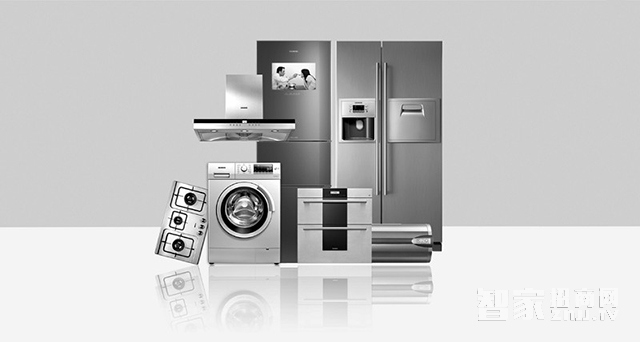As science and technology continue to evolve and living standards improve, "smart" products have gained significant attention and popularity. Smart home appliances have also caught the eye of consumers. But what exactly sets smart home appliances apart from traditional ones? Let's explore this together.
Introduction to Smart Appliances
Smart appliances might seem advanced, but they're not as mysterious as they sound. Think back to early devices like electric irons and rice cookers with thermostats—these already had some level of intelligence, albeit limited. The concept of intelligence wasn’t yet widespread. However, with advancements in sensing technology, chip technology, RFID, and network tech, true smart appliances have become part of our daily lives.
Smart home appliances are household devices integrated with microprocessors, sensor technology, and network communication. They can automatically sense the conditions of your living space and appliances, allowing for automatic control and remote operation via your home or a mobile device. As part of a smart home ecosystem, these appliances can connect with other devices to create a seamless smart home experience.

Differences Between Smart and Traditional Appliances
1. Intelligence: The primary difference between smart and traditional appliances lies in their level of intelligence. Smart appliances mimic human-like behavior by capturing and processing data through sensors and control chips. Beyond automatic settings, users can customize them based on personal preferences and habits.
2. Social Connectivity: Once connected to the internet, smart appliances can be controlled via smartphones, giving them social network capabilities. This means you can adjust settings from anywhere, anytime.
3. Sensory Differences: Smart appliances can sense human emotions, actions, and behaviors, performing tasks accordingly to meet intelligent demands. Traditional appliances, however, mostly focus on simple factors like time and temperature.
4. Technology Application: Smart appliances leverage modern IoT technology to cater to consumer needs in innovative ways. Traditional appliances rely more on basic mechanical technology, offering simpler solutions.
With the growing adoption of technology in China, the next decade will see a surge in the智能化 of urban appliances. Smart appliances will become increasingly convenient, safe, and stylish, making our homes more comfortable and hassle-free. If you’d like to learn more about smart home appliances, feel free to drop us a message below!
Related Suggestion:
Article: What is the future outlook for smart home appliances?
Recommended: Foreign smart home experience stores.
High Frequency Filter Inductor
High Frequency Filter Inductor,Ferrite Toroidal Choke Coil Filter Inductor,Emi Filter Inductor,Vertical Filter Inductor
Huizhou Show-Grand Electronics Co., Ltd. , https://www.sgtransformer.com
